The World Health Organization declared an end to COVID-19 as a 'public health emergency' two years ago in May 2023. Health experts characterise the disease as 'seasonal', 'endemic', here to stay, or 'restricted to a certain region'.
COVID is growing milder with time, but an occasional surge in cases is expected because the virus that causes it is now endemic and constantly evolving, say scientists, while assuring that there is no cause for concern. Addressing worries over the rising incidence of the disease in various parts of the country, the experts noted that it appears to be a result of waning immunity combined with seasonal factors such as temperature extremes, which tend to keep us in air-conditioned spaces. They also stressed the need for caution, particularly in vulnerable sections of the population.
"With every passing year, COVID-19 is causing milder infections. It is (now) just another respiratory illness and less dangerous than the flu. We can forget COVID-19 as a special case. It is not a cause of concern," global health expert Dr Chandrakant Lahariya told PTI.
"All the subvariants are similar, having a lower virulence but high infectivity. While highly susceptible people can still get severe disease, the vast majority don't, especially those who have had prior infections or vaccines," added Anurag Agarwal, dean of biosciences and health research, Trivedi School of Biosciences at Ashoka University, Haryana.
The World Health Organization declared an end to COVID-19 as a 'public health emergency' two years ago in May 2023. Health experts characterise the disease as 'seasonal', 'endemic', here to stay, or 'restricted to a certain region'.
Active cases in the country crossed 5,300 as of June 6, with nearly 500 added in the past 24 hours. Of these, over 4,700 have recovered. The death toll is 55 in the current surge, which started in January this year, primarily among individuals with pre-existing illnesses, according to the Union Health Ministry.
"People with pre-existing illnesses and those older than 65 should follow standard precautions, as they would against any other respiratory infection -- not just for COVID-19," explained Lahariya, a consultant physician and former staff member of the WHO.
Kerala is the most affected with over 1,600 cases, followed by Gujarat, West Bengal, Delhi and Maharashtra, ministry data shows. The case surge in India is part of a wider wave impacting parts of Southeast Asia, including Singapore, Malaysia, Thailand, and Hong Kong, which have been seeing a rise in infections over the past months.
Wastewater surveillance by the Council of Scientific and Industrial Research-National Chemical Laboratory (NCL) has detected the presence of SARS-CoV-2 -- which causes COVID-19 -- in samples from 10 sewage treatment plants in Pune, the Times of India reported.
Patterns are similar to those seen in the weeks preceding earlier surges, NCL scientists were quoted as saying. Genome sequencing of samples from India’s west and south have shown links to the subvariants of Omicron -- LF.7, XFG, JN.1, and NB.1.8.1. The cases are not severe and there is no need to worry, Director General of Indian Council of Medical Research (ICMR) Rajiv Behl said earlier this week.
LF.7 and NB.1.8.1. have been classified as 'variants under monitoring' (VUM) by the WHO to alert public health authorities that a variant of SARS-CoV-2 requires prioritised attention and monitoring. JN.1 has been circulating in India since November 2023.
The current situation, Behl stressed, is being monitored. Immunologist Satyajit Rath explained that the subvariants driving up case numbers indicate that they are probably better at binding themselves to human cells, despite pre-existing antibodies created in response to a prior infection or vaccination -- or 'infectivity'.
“However, the important issue here is not their infectivity, but their tendency to cause severe disease, or 'virulence'," Rath, a former scientist at New Delhi’s National Institute of Immunology, told PTI.
"Since selection pressure among the virus strains depends on infectivity and transmissibility -- and not on virulence -- there is no reason to expect a steady increase in the virulence of the emerging virus strains, which, in fact, has not at all been seen either," he added.
Moreover, given that the COVID-19-causing virus is now endemic and constantly 'mutating' or evolving, ups and downs in infections in the population are expected, the health experts said. "People need not worry themselves until they are informed of a new 'variant of concern'. VUM is not relevant to the public, but only to public health authorities," Agarwal said.
Lahariya advised the public to gather information from reliable sources and not to forward unverified messages, while Rath suggested that citizens keep a watch for the virulence of newly emerging strains. The experts also stressed the role of authorities.
"National and state governments in India should keep a watch on cases, monitor the trends in new cases, and share data widely. The linkage between infections and clinical outcomes should be explored to understand the clinical features of the variants in circulation," Lahariya said.
Rath drew attention to systemic issues that remain regarding the preparedness of public health systems and the availability of healthcare facilities across sections of society, should a virulent variant emerge.
"The catch is, how efficiently, systematically, and rigorously are our public health systems tracking virus strains, their infectivity, and their virulence, not only for SARS-CoV-2 but for any other infection?" he asked. "Are we making next-generation COVID-19 vaccines at all? Are we making them available widely and affordably? Are we even carefully tracking evidence to see how well or poorly the current vaccine-induced immunity functions against emerging strains?" he added.
The poor and vulnerable would need special protection, "but are masks being made widely and freely available? And if not, we are throwing poor communities onto their own resources even for taking such simple precautions, and that is a systemic problem," Rath said.
(Except for the headline, this story has not been edited by DNA staff and is published from PTI)
READ | This film, made for Rs 19 crores, earned Rs 90 crore at box office, but Amitabh Bachchan charged only Rs 1 for his role due to..., movie was..
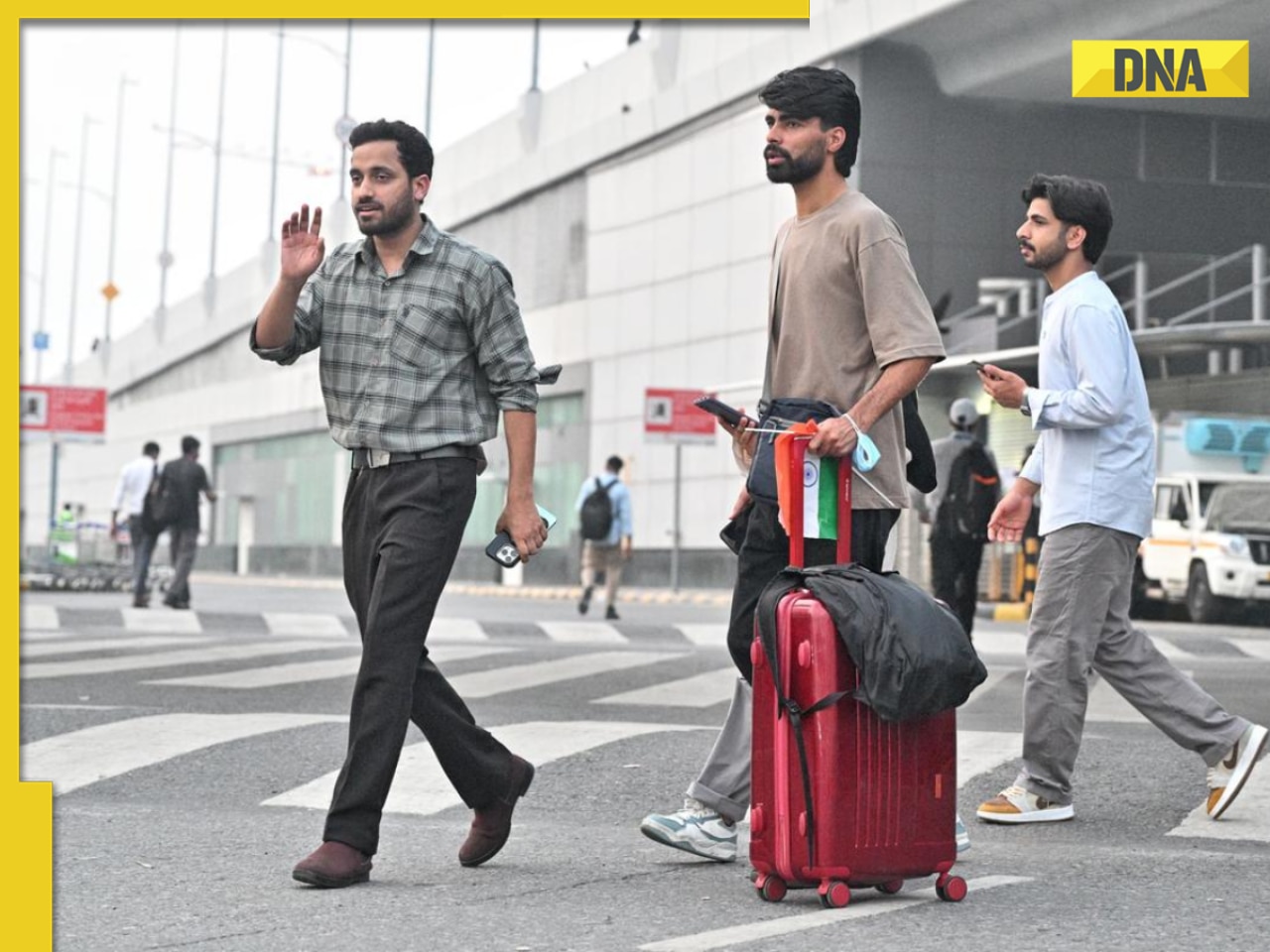 India issues fresh travel advisory, asks citizens to avoid going to THIS country: 'Carefully consider...'
India issues fresh travel advisory, asks citizens to avoid going to THIS country: 'Carefully consider...'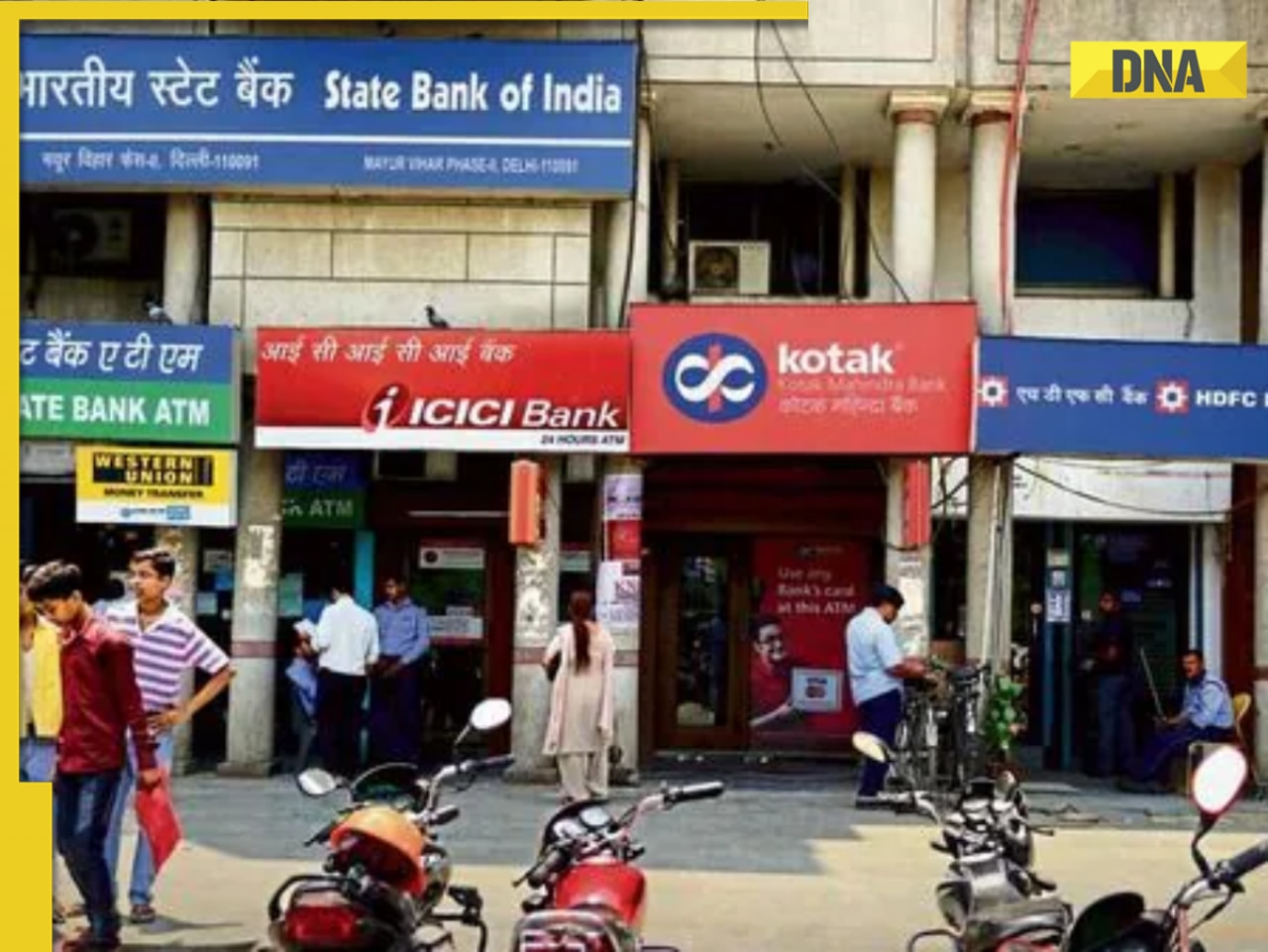 THIS govt company in HUGE debt, defaults on bank loans worth whopping Rs...
THIS govt company in HUGE debt, defaults on bank loans worth whopping Rs...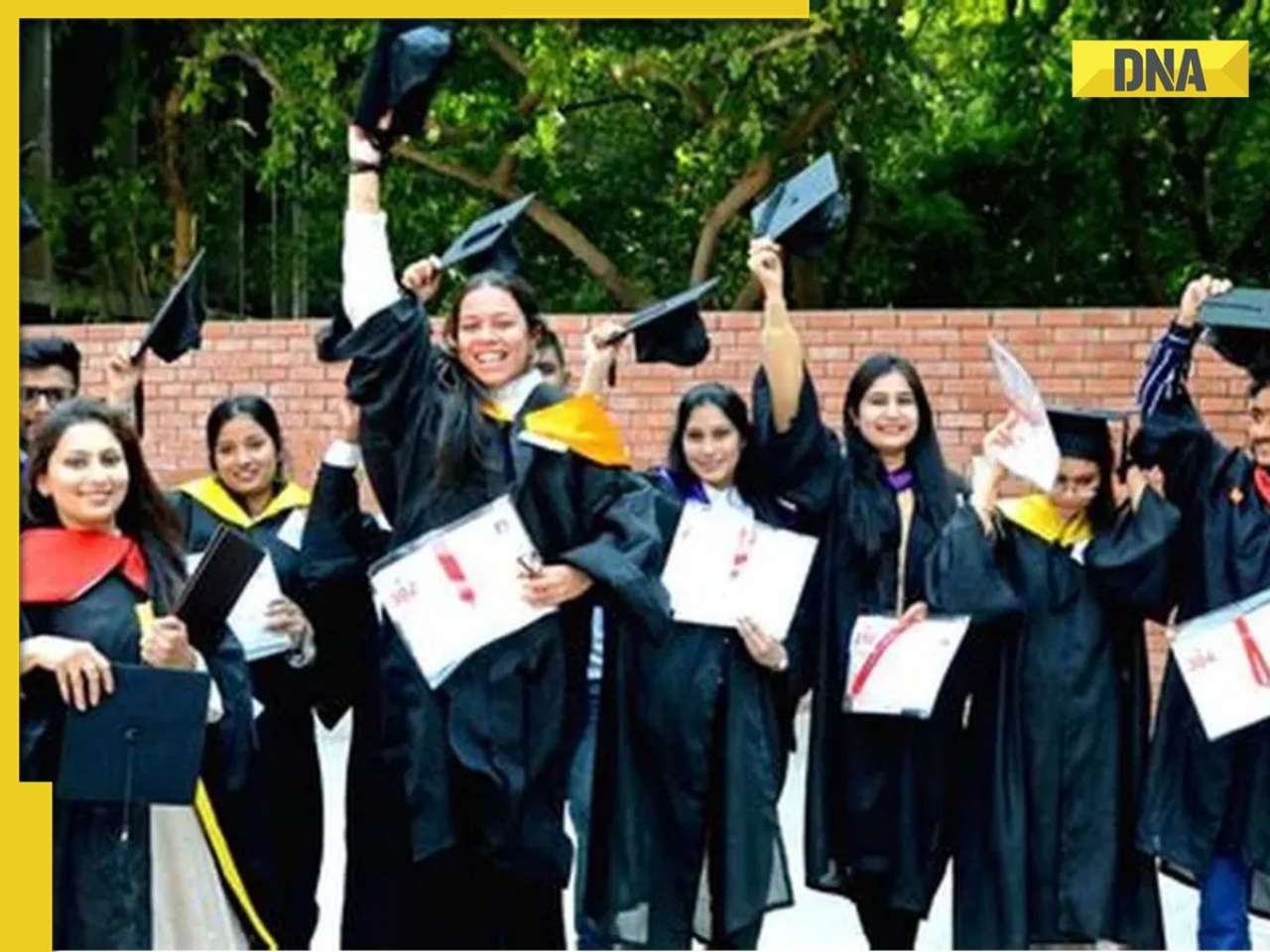 This city is world’s most student friendly, 4 Indian cities also feature in list with the most affordable city being...
This city is world’s most student friendly, 4 Indian cities also feature in list with the most affordable city being... 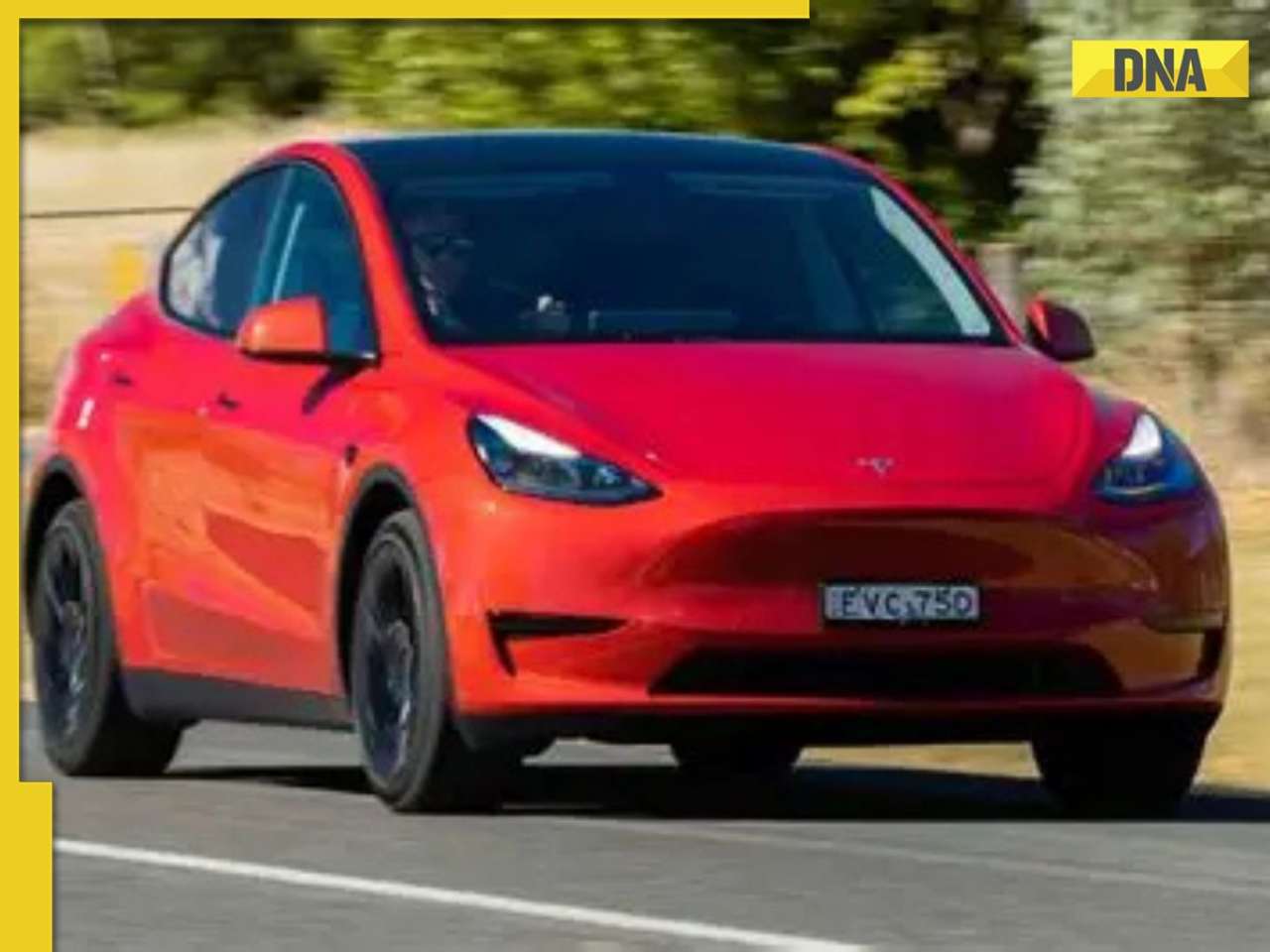 Tesla cars will be priced cheaper in Delhi and Mumbai than Gurugram, here’s why, check cost difference here
Tesla cars will be priced cheaper in Delhi and Mumbai than Gurugram, here’s why, check cost difference here Donald Trump makes BIG proposal to Ukraine over Russia war, asks Zelenskyy, 'Can you hit...'
Donald Trump makes BIG proposal to Ukraine over Russia war, asks Zelenskyy, 'Can you hit...' 7 mesmerising images of star formation captured by NASA
7 mesmerising images of star formation captured by NASA What is brain fog? 7 Ways to overcome it
What is brain fog? 7 Ways to overcome it Sawan 2025: Move beyond Tip Tip Barsa Paani, this rainy season groove on these sizzling songs
Sawan 2025: Move beyond Tip Tip Barsa Paani, this rainy season groove on these sizzling songs Kang Seo‑ha to Kim Sae‑ron: K‑drama, K-pop icons we lost recently
Kang Seo‑ha to Kim Sae‑ron: K‑drama, K-pop icons we lost recently Our Golden Days, My Lovely Journey, Beyond the Bar: 8 must-watch K-dramas in August 2025
Our Golden Days, My Lovely Journey, Beyond the Bar: 8 must-watch K-dramas in August 2025 Odisha Girl Self Immolation Case: Odisha CM Announces Rs 20 Lakh Aid For Kin Of Balasore Student
Odisha Girl Self Immolation Case: Odisha CM Announces Rs 20 Lakh Aid For Kin Of Balasore Student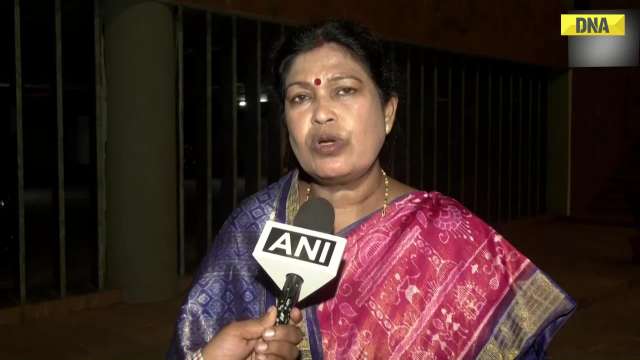 Odisha Girl Self-Immolation Case: BJD leader Slams Odisha Govt After Balasore Student Dies
Odisha Girl Self-Immolation Case: BJD leader Slams Odisha Govt After Balasore Student Dies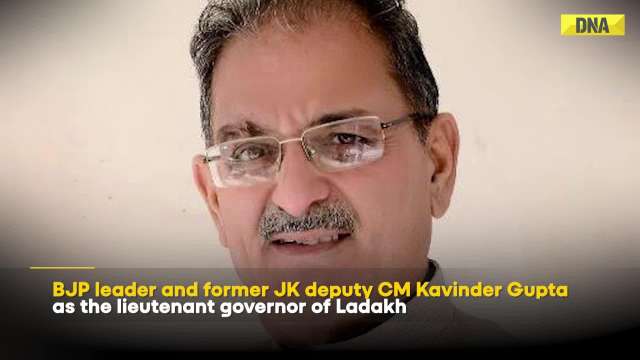 President Murmu Appoints New Governors For Haryana, Goa; Kavinder Gupta Named LG Of Ladakh
President Murmu Appoints New Governors For Haryana, Goa; Kavinder Gupta Named LG Of Ladakh Bombay Stock Exchange Receives Bomb Threat From 'Comrade Pinarayi Vijayan', '4 RDX IED In Building'
Bombay Stock Exchange Receives Bomb Threat From 'Comrade Pinarayi Vijayan', '4 RDX IED In Building' India Pakistan News: New Paramilitary Force In Pakistan Sparks Crackdown Fears
India Pakistan News: New Paramilitary Force In Pakistan Sparks Crackdown Fears THIS govt company in HUGE debt, defaults on bank loans worth whopping Rs...
THIS govt company in HUGE debt, defaults on bank loans worth whopping Rs... Tesla cars will be priced cheaper in Delhi and Mumbai than Gurugram, here’s why, check cost difference here
Tesla cars will be priced cheaper in Delhi and Mumbai than Gurugram, here’s why, check cost difference here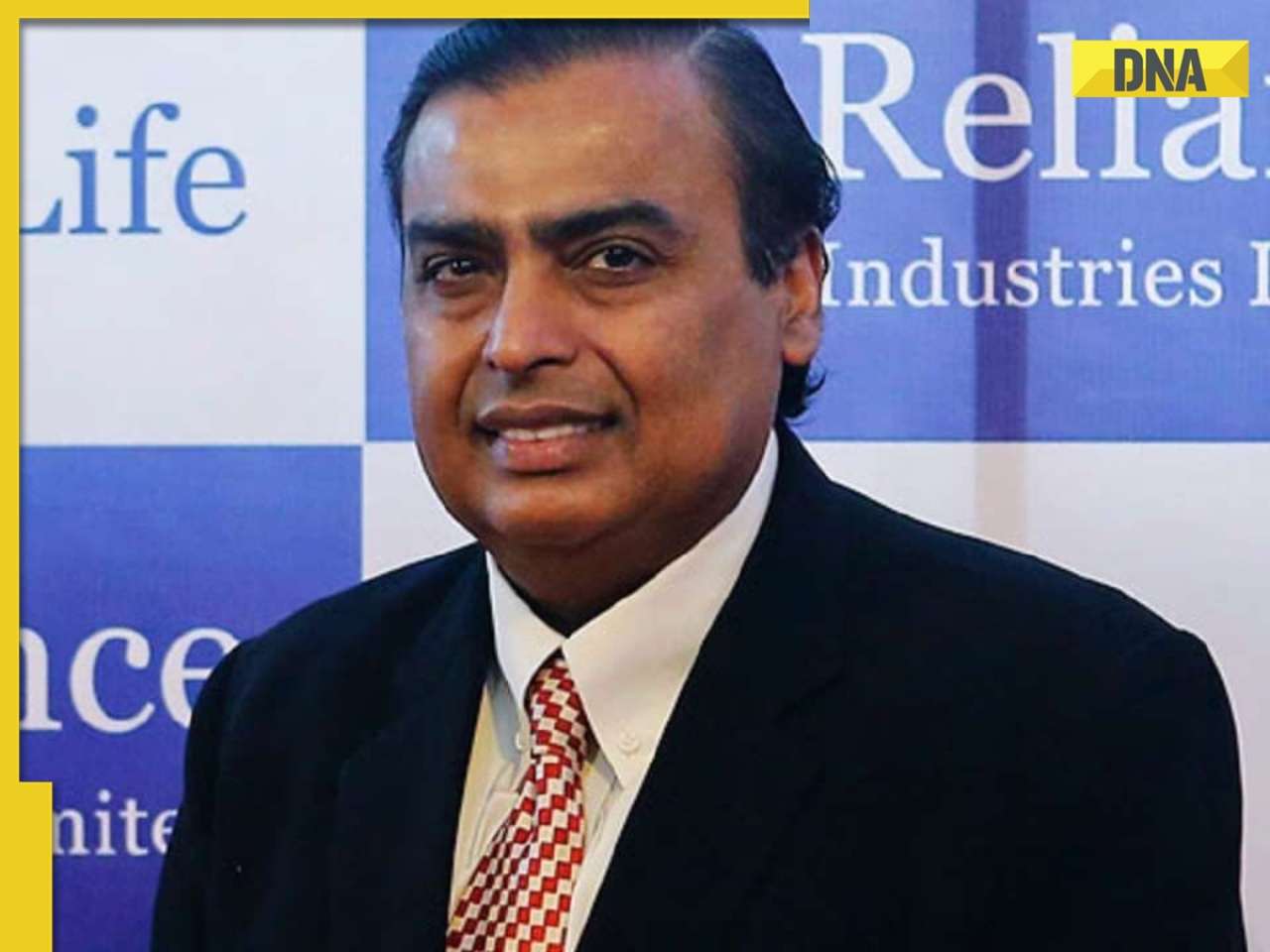 Mukesh Ambani's Reliance's BIG win as Delhi HC directs e-commerce platforms to...
Mukesh Ambani's Reliance's BIG win as Delhi HC directs e-commerce platforms to... UIDAI shares BIG update on children above 7 with Aadhaar: 'To face risk of...'
UIDAI shares BIG update on children above 7 with Aadhaar: 'To face risk of...' Meet woman who started as trainee, will now become CEO of..., won major award at Cannes, she is...
Meet woman who started as trainee, will now become CEO of..., won major award at Cannes, she is...  Then and now: What Daniel Radcliffe, Emma Watson, Rupert Grint and more Harry Potter cast members doing now?
Then and now: What Daniel Radcliffe, Emma Watson, Rupert Grint and more Harry Potter cast members doing now? Which Visa lets you travel to multiple countries? Learn about Visas that fit your needs
Which Visa lets you travel to multiple countries? Learn about Visas that fit your needs Chhoriyan Chali Gaon contestants list out: Anita Hassanandani, Aishwarya Khare, and others join Rannvijay Singha's show
Chhoriyan Chali Gaon contestants list out: Anita Hassanandani, Aishwarya Khare, and others join Rannvijay Singha's show Laapataa Ladies' Pratibha Ranta returns in Revolutionaries with Bhuvam Bham, Rohit Saraf: All you need to know about Nikkhil Advani's series
Laapataa Ladies' Pratibha Ranta returns in Revolutionaries with Bhuvam Bham, Rohit Saraf: All you need to know about Nikkhil Advani's series Ananya Panday's vacation photos go viral: A peek into her sun-kissed moments, beach outfits, and carefree vibes
Ananya Panday's vacation photos go viral: A peek into her sun-kissed moments, beach outfits, and carefree vibes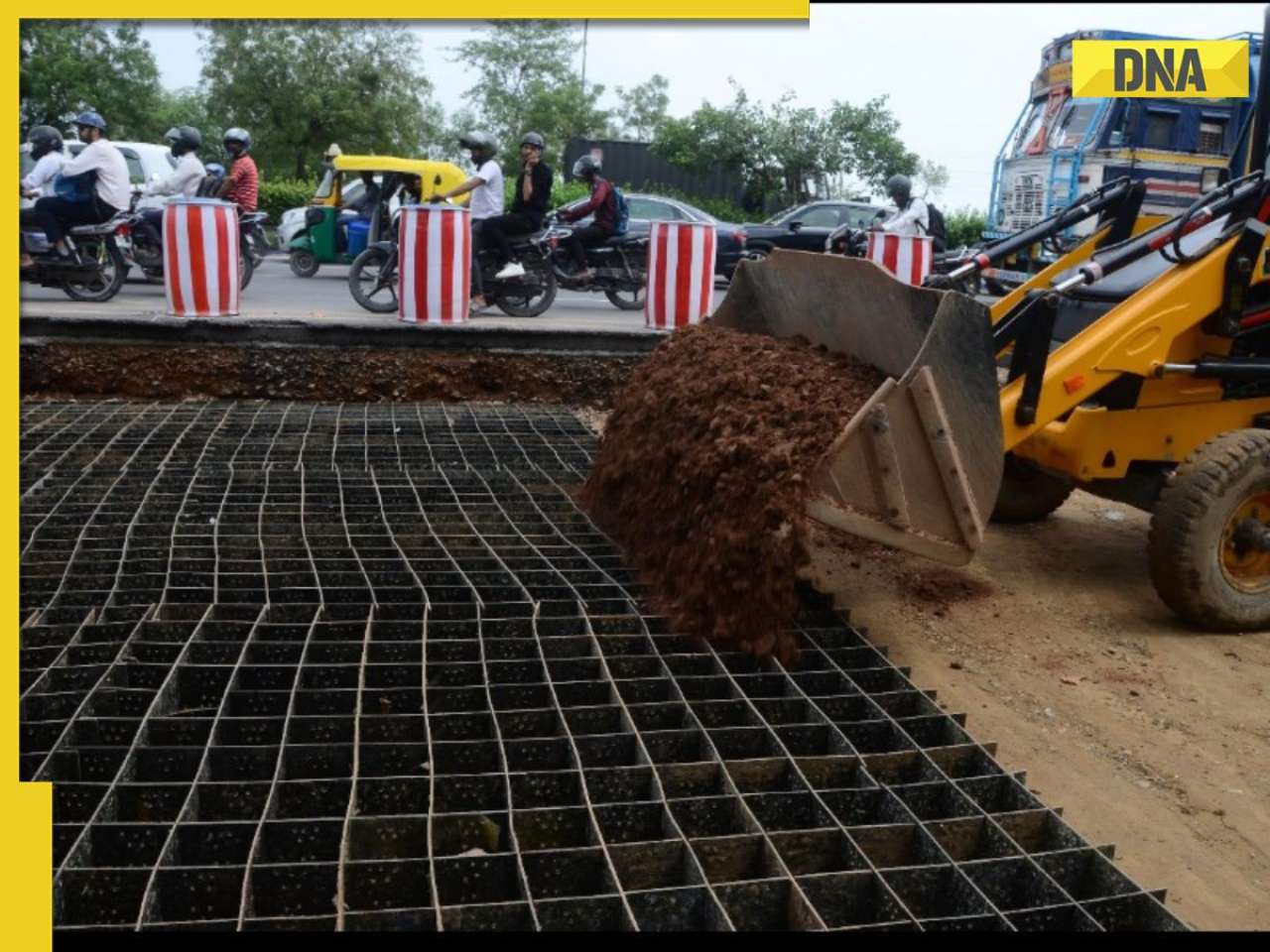 India's first plastic road to be built with Geocell Technology in..., know all about this sustainable initiative
India's first plastic road to be built with Geocell Technology in..., know all about this sustainable initiative  Golden Temple receives bomb threat again, second RDX email in 24 hours, probe underway
Golden Temple receives bomb threat again, second RDX email in 24 hours, probe underway Rs 10000000000: Indians losing huge amount of money every month due to...
Rs 10000000000: Indians losing huge amount of money every month due to...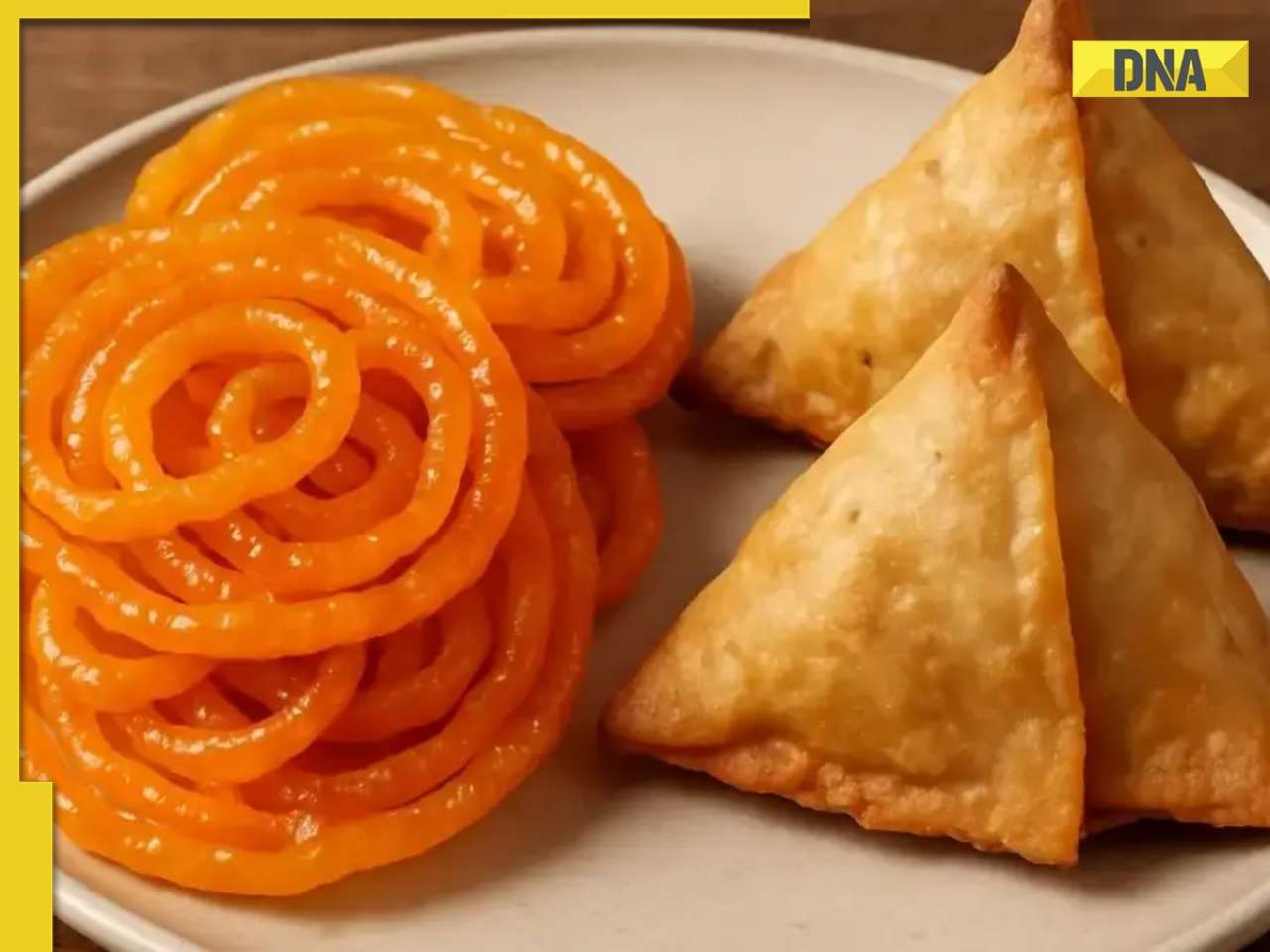 DNA Verified: Samosa, jalebi, other Indian snacks to carry health warning labels? Know the truth here
DNA Verified: Samosa, jalebi, other Indian snacks to carry health warning labels? Know the truth here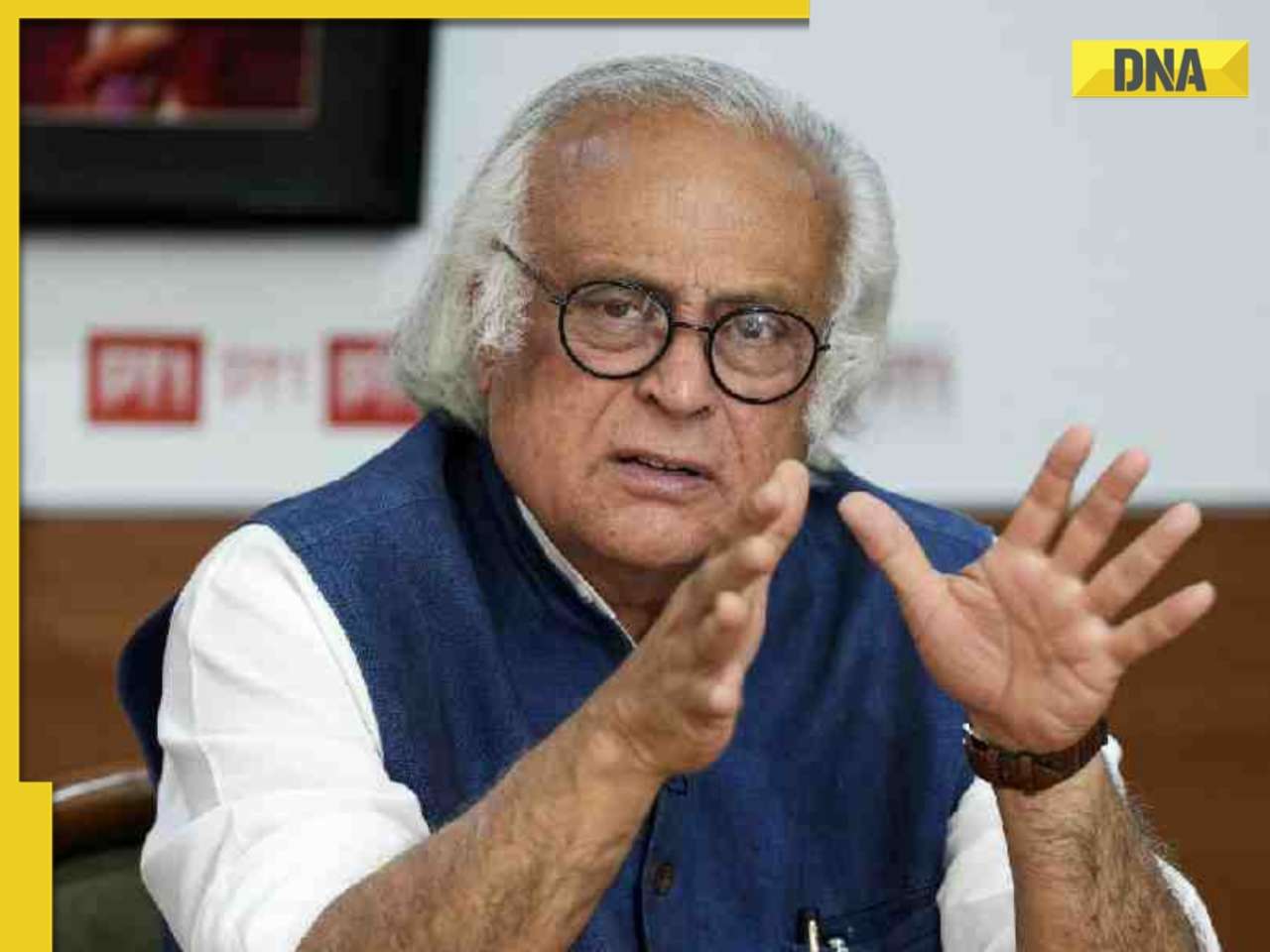 '65 days, 22 times’: Congress leader Jairam Ramesh slams BJP as US President Trump again claims credit for India-Pakistan ceasefire
'65 days, 22 times’: Congress leader Jairam Ramesh slams BJP as US President Trump again claims credit for India-Pakistan ceasefire Who is IAS officer Arpit Sagar who Fined NHAI for..., served in high-ranking administrative roles, she’s from...
Who is IAS officer Arpit Sagar who Fined NHAI for..., served in high-ranking administrative roles, she’s from... 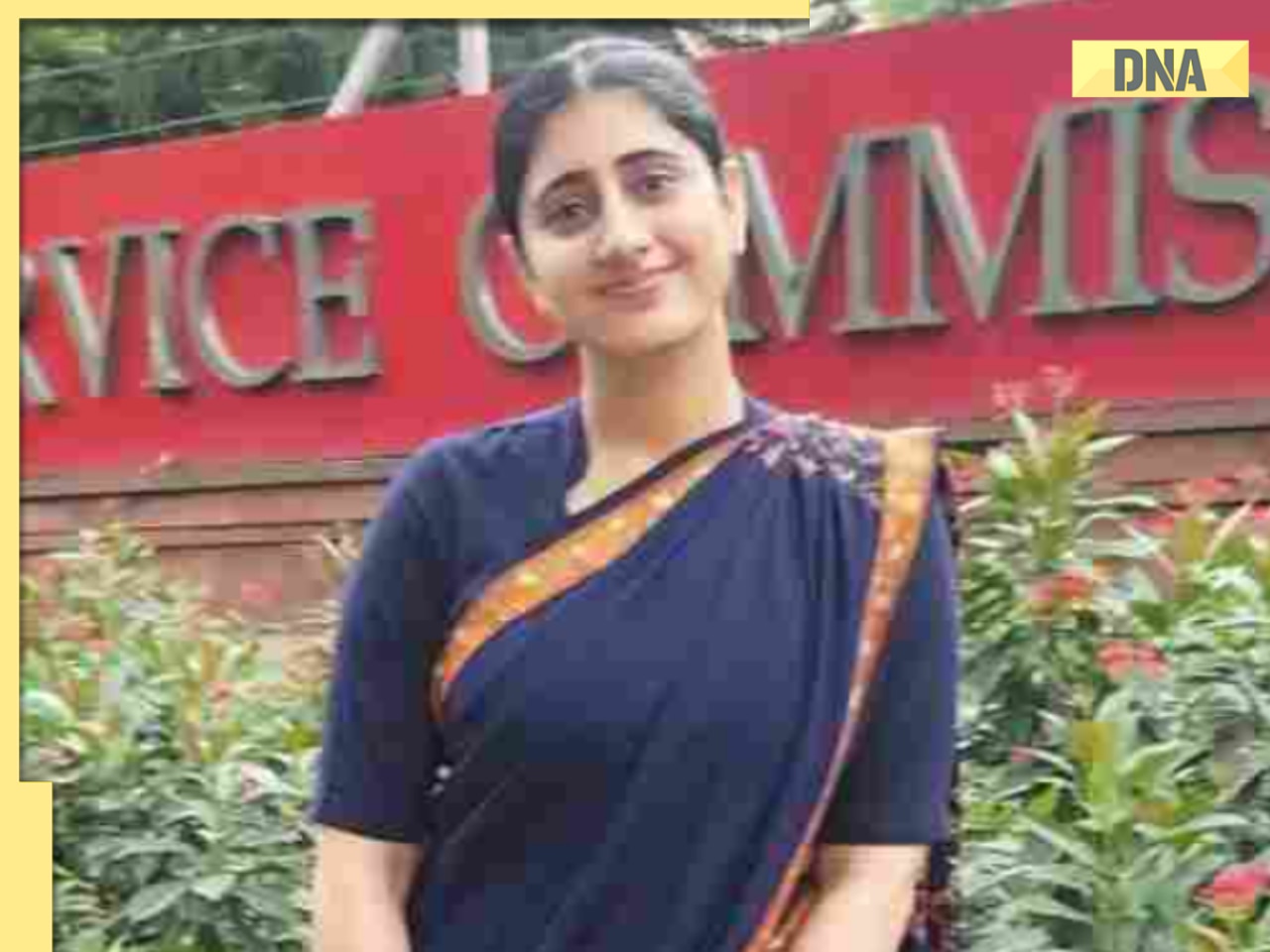 Meet woman who left high-paying job in Switzerland for UPSC exam, secured AIR...; married to IAS, she is now...
Meet woman who left high-paying job in Switzerland for UPSC exam, secured AIR...; married to IAS, she is now... Meet woman who failed in NEET, UPSC exams, later secured Rs 72 LPA job at THIS aviation giant to become the youngest...
Meet woman who failed in NEET, UPSC exams, later secured Rs 72 LPA job at THIS aviation giant to become the youngest...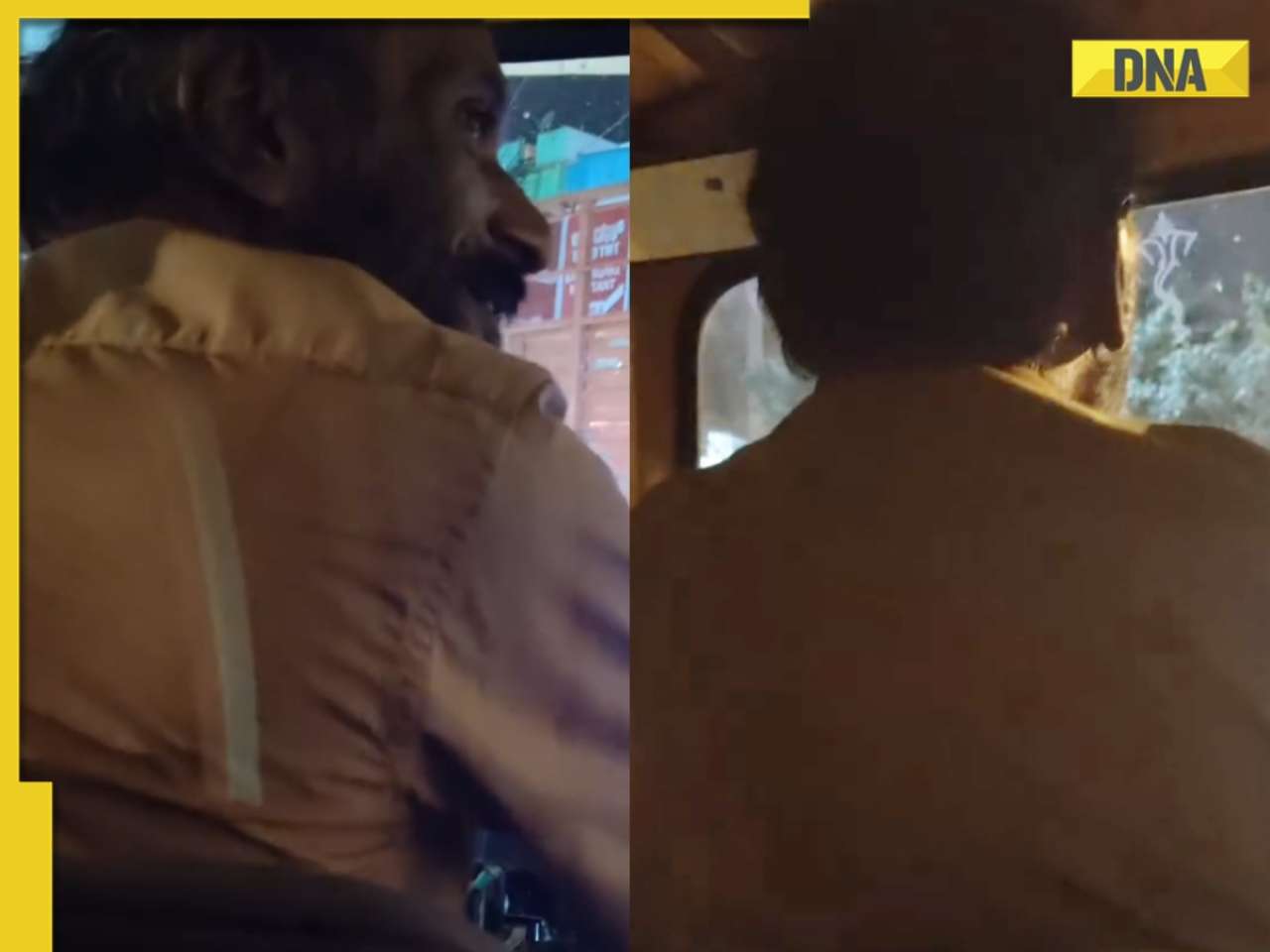 This auto driver speaks 7 languages, did double MA, worked in MNCs, wanted to become IAS officer then..., is now going viral for..
This auto driver speaks 7 languages, did double MA, worked in MNCs, wanted to become IAS officer then..., is now going viral for.. Meet 19-year-old boy who took family responsibilities after his father's demise, cracked JEE Main with 9 to 5 job, his AIR was..., he wants to...
Meet 19-year-old boy who took family responsibilities after his father's demise, cracked JEE Main with 9 to 5 job, his AIR was..., he wants to... This luxury car is first choice of Indians, even left BMW, Jaguar, Audi behind in sales, it is...
This luxury car is first choice of Indians, even left BMW, Jaguar, Audi behind in sales, it is... Kia India unveils Carens Clavis: Check features, design changes, price and more; bookings open on...
Kia India unveils Carens Clavis: Check features, design changes, price and more; bookings open on... Tesla CEO Elon Musk launches most affordable Cybertruck, but it costs Rs 830000 more than older version, it is worth Rs...
Tesla CEO Elon Musk launches most affordable Cybertruck, but it costs Rs 830000 more than older version, it is worth Rs... Planning to buy a Maruti Suzuki car? Prices set to rise by 4% from...
Planning to buy a Maruti Suzuki car? Prices set to rise by 4% from... Audi launches Audi RS Q8 2025 in India: Know price, specifications and unique features
Audi launches Audi RS Q8 2025 in India: Know price, specifications and unique features 




)
)
)
)
)
)
)
)
)
)
)
)
)
)
)
)









